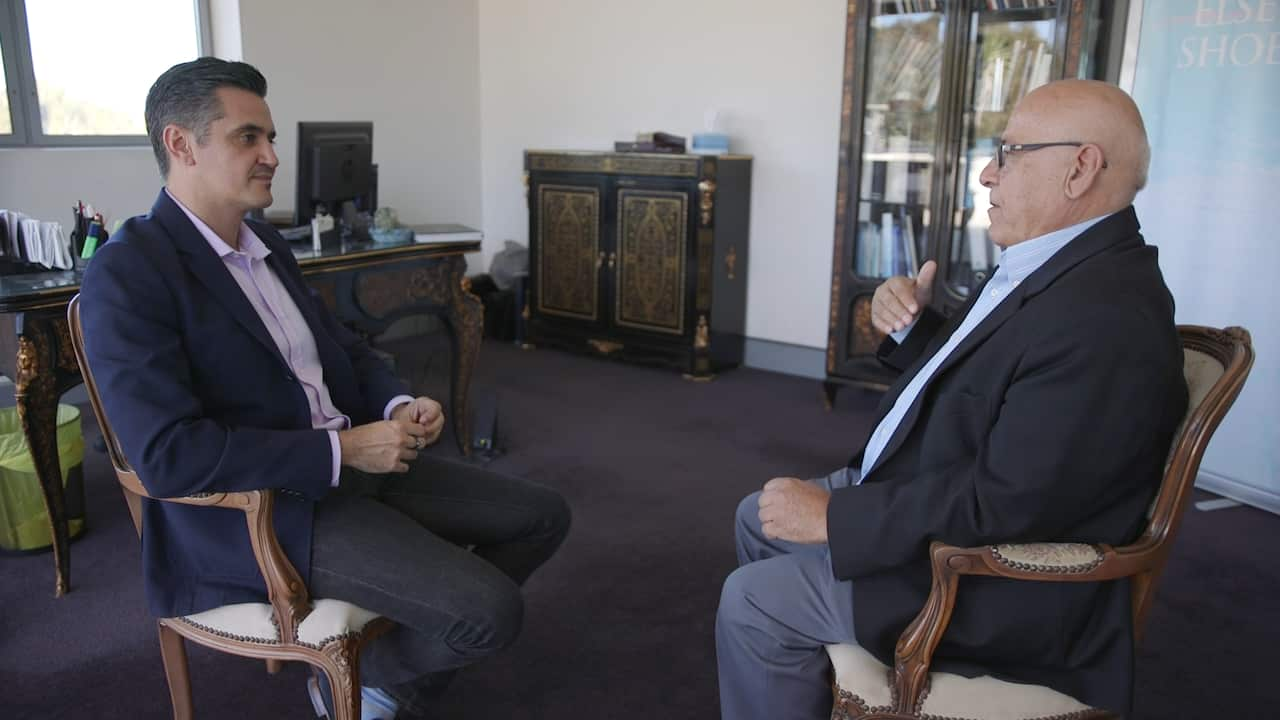The Ethnic Business Awards are Australia's longest running national business awards program, and they celebrate the migrants who come to Australia with a suitcase full of dreams, create new jobs and businesses and contribute to Australia's multicultural landscape.
Ricardo Goncalves caught up with John Assaf, the founder of the awards, at his office in Sydney.
Ricardo: Tell me a bit about the awards and why they focus on ethnic businesses in particular?
JA: Ethnic businesses are businesses owned by migrants born outside Australia. You don’t have to be born in a non-English speaking country. The awards were created to recognise the contribution of migrants. And migrants can be born anywhere: in the US, in the UK, Canada. As long as you’re born outside Australia, you’re eligible to be nominated for the awards.
Ricardo: Why do we need the Ethnic Business Awards?
JA: In my opinion, the awards are always a positive story about migration. Whenever there is a story about migrants or groups we hear about [the negatives], but whenever there is something good they ignore, they don’t say it’s a migrant. I wanted to showcase the success of these people who normally have no one to showcase their success. It's a focus on the migrants who can become role models for others.
Ricardo: So you're a Lebanese migrant - tell me about your journey.
JA: I came to Australia in 1967 not long after the Six-Day War in the Middle East.
But before I took the plane flight, we were told by the Australian consulate to have a brand new pair of shoes, and not to put them on until you are ready to board the aircraft.
I checked in, they checked my shoes, they asked me to put on the new ones, I did. An hour or so later, the flight was cancelled so I went home and came back the next day. I checked in, they checked my shoes, they asked me to put the new ones on. They said, “these are the new ones.” They said, “sorry you can’t wear them because they have been used. Sorry sir, you can’t travel.”
I was devastated – all my dreams were shattered until one officer looked at me, and took pity and went behind the counter and started opening other passengers’ bags until he came across a brand new pair of shoes double the normal size of my shoes. He gave them to me and said, “put them on and get on board.”
I did and I landed in Australia in someone else's shoes.

But it happened that when I arrived in Australia, my work became so successful because I learnt how to put myself always in someone else’s shoes. I started Australia’s, if not the world’s first multicultural communication agency, and the whole agency was based on how to communicate with diversity, to be able to communicate effectively with any audience. Especially with diversity, you need to put yourself in someone else's shoes.
Ricardo: So how did you identify that gap in the market to start that business?
JA: My first job was in a factory and I really wanted to learn English, and it took me quite a few weeks in the factory to identify which one of the languages was English because no-one spoke English in the factory. They spoke every other language. So I asked, “Who communicates with these people?” There was no one. I decided to learn a few other words in other languages, Spanish for example, and I started helping these people.
When the boss gave me a raise on my salary, I thought, well, there is money to be made by being able to speak more than one language, so I thought what about starting the company.
The company was aimed to help and to communicate with people who come from diverse backgrounds, and that was the beginning of ethnic communication at the time.
Ricardo: How important do you think is Australia's skilled migrant policy to business and do you think the government is getting it right?
JA: Well, skilled migrants is so important because migration has changed. Australia is always in need of skills and it's better for the migrants and the government to have people who are already equipped with skills, so the government, in my opinion, emphasises on getting skilled migrants, which is very good and it's good for the country and also for the people who come here.
Ricardo: What is your one piece of advice to ethnic business owners here in Australia?
JA: Well I would give them one advice which I have learnt from them - the businesses – throughout the 29 years of the awards. I’ve looked at so many success stories – and I call them successful against the odds. And I learnt one thing from them all: that you have to be resilient and persevering. Now if you have the resilience and perseverance, then you’ll succeed.
Want to find out the secret to small business success? Tune into #BizSecretsSBS at Sundays 5pm on SBS, stream on SBS Demand, or follow us on Facebook, Twitter or Instagram.
Sharing business secrets of inspiring entrepreneurs & tips on starting up in Australia's diverse small business sector. Read more about Small Business Secrets
Have a story or comment? Contact Us


